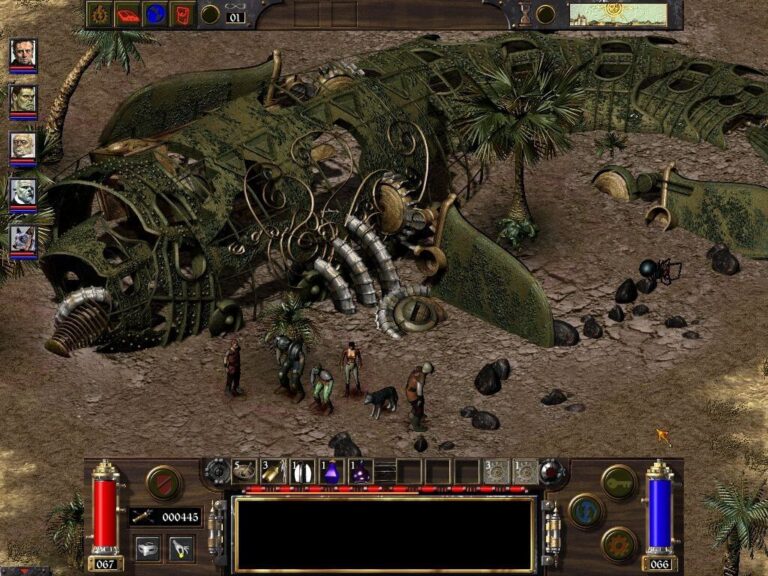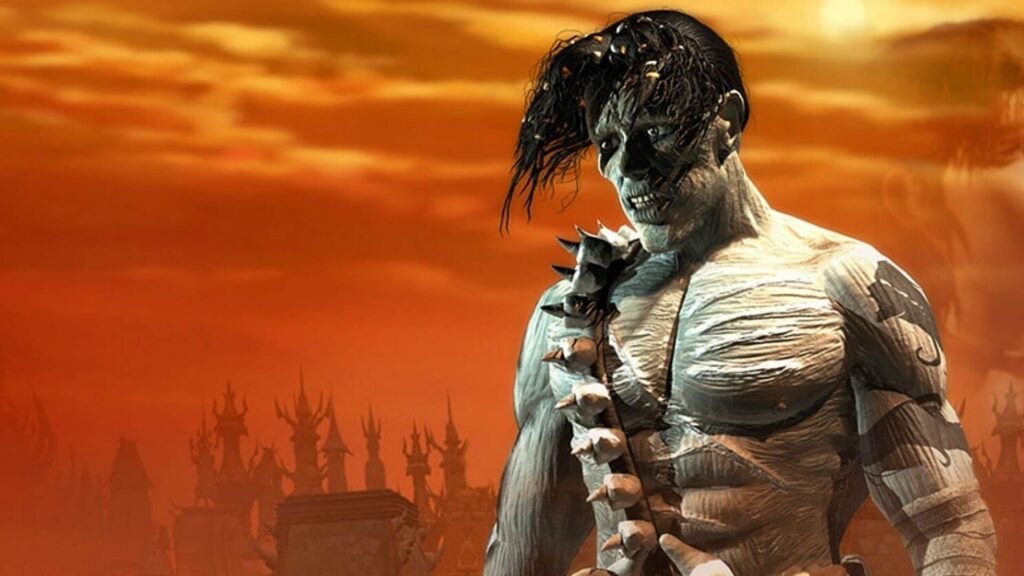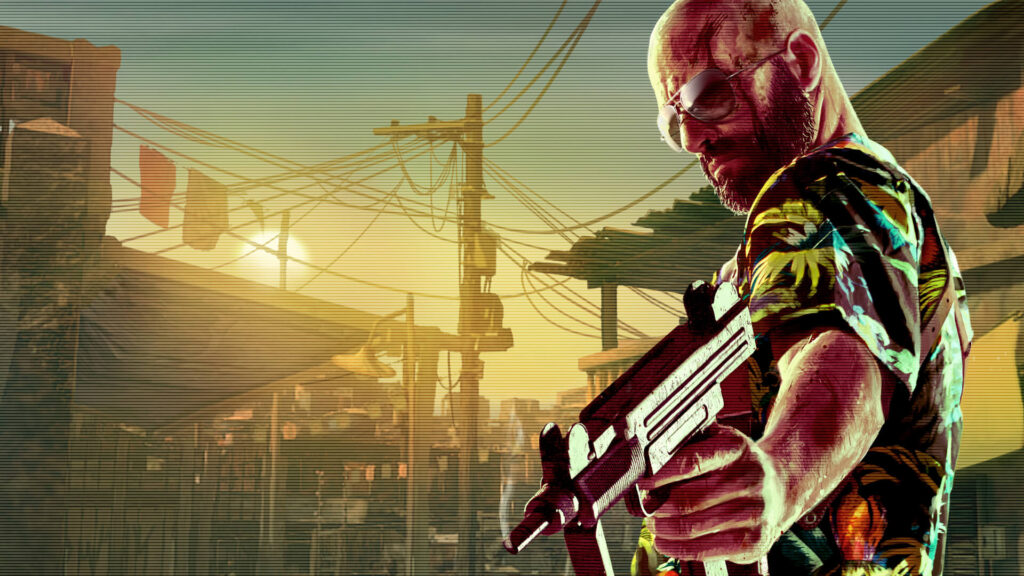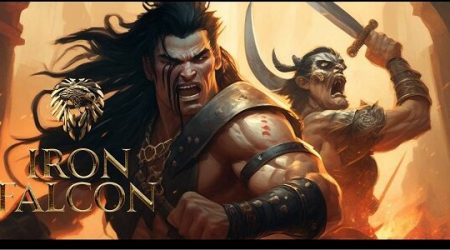5 Tips on Writing: With Narrative Designer Mitch Sabbagh
Greetings! My name’s Mitch Sabbagh. I’m a Montreal-based game writer and narrative designer who graduated from the Creative Writing MFA program at Queens University of Charlotte and from Susan O’Connor’s Narrative Department masterclass.
In the past, I wrangled words for Frogwares‘ adventure title Sherlock Holmes: The Awakened – which won Best Narrative at the 2023 Central & Eastern European Game Awards – and for the forthcoming CRPG Sovereign Syndicate by Crimson Herring Studios.
Prior to all that, I penned game design articles and essays on Game Developer, Destructoid, Kill Screen, and Kotaku—with my writing experience coming in at around eight years now.

Have a Unique Premise for Contextualizing the Action via Worldbuilding
When it comes to virtual realms, developers must consider the possibility of making their creation as noteworthy as feasible. While maintaining a sense of plausibility that respects the player’s suspension of disbelief.
Whether it’s the backstory that details how things came about and persisted in the here-and-now, or the manner in which NPCs interact with their surroundings and one another, worldbuilding boasts sundry layers of narrative depth that can complement one another if developers keep cohesion in mind.
For instance, let’s say that we have a world in which magic and technology share an uneasy coexistence with one another—with some species embracing technological progress at all costs and others being ostracized due to their “stubborn” clinging to the magical arts.
The result? Multiple societies that vary greatly in terms of beliefs, practices, and architecture—making for a level of variety that drives players to uncover all corners of the proverbial earth and potentially take a side in the magic vs. technology debate.

If that premise sounds familiar, that’s because it’s the one featured in Troika Games’ Arcanum: Of Steamworks and Magick Obscura (2001).
Its fantastical rendition of an industrial revolution, which highlights issues of class warfare and unionization that parallel our past. It allowed developers to put their unique stamp on the narrative formula for RPGs.
The juxtaposition of magic and technology yields an authentic realm that can have players explore and shape every event, location, and NPC they come across.
All of this is made feasible by Arcanum‘s eclectic blend of time-tested motifs and heady themes.
Read Also:-5 Tips on Writing: With Mario Mergola
Game Writer: Define your Protagonist(s) by their Present-day Actions and Proactivity to Promote Sound Character Development
Let’s get one thing out of the way: While backstory can greatly add weight to their mien and goals, what ultimately defines a character in the eyes of players is the series of decisions they make and actions they take throughout the course of the adventure.
Ideally, such decisions and actions should be something that can shape and inform the character’s psyche and worldview. However this is more crucial than with the protagonist, the same figure players control and through which they define themselves in the game world.
Since gaming’s an active medium, having a protagonist who feels more like a cipher than a driving force—either in “save the world” stories or in tales focused solely on self-discovery—can create a mismatch between the player’s desire to make things happen and the hero’s lack of personal drive.
Having a (personal) goal is one thing. How one achieves their goal, however, is another. Such a distinction can separate memorably proactive leads from less indelible and more indolent ones.
The protagonist’s actions should lead to palpable consequences, and these consequences can be made all the more hard-hitting when the protagonist performs actions of their own volition and in accordance with goals and values that are unique to them rather than purely dictated by external forces.

From the moment he awakens in a mortuary, the amnesiac protagonist is free to define his pursuit of self-discovery through the present-day actions he takes and the choices he makes with NPCs and companions.
While dark forces do cast a pall upon the narrative, the Nameless One is the one who asserts himself in every scene he’s in—which is helped by his ability to shape his personality through gameplay rather than on the skill allocation screen.

From bending characters to his will via philosophical debates to sacrificing party members to a pillar of skulls, the Nameless One goes from a blank slate to a full-fledged saint or lout depending on how he aims to learn the truth about his immortality. Ergo, no action taken by the protagonist seems out of character, one-note, or like it came from obedience to someone else.
By the end of the game, players will feel like they’ve reached the top of their protagonist’s character arc on account of the proactive choices that serve as rungs in the proverbial ladder toward enlightenment.
This makes the final cutscene all the more poignant, for the Nameless One’s coming to terms with fate feels well-earned. He bore an agenda from the get-go and saw to it that every action would not only fulfill his goals, but also reveal more of his current self as he delved deeper into the mystery behind his predicament.

Game Writer: Offer Tasks with Multiple Choices and Long-lasting Consequences
Player choice is par for the course when it comes to games. If a title‘s goal is to make you feel like a part of the world—a part that can shape others via the player‘s actions—then having the game recognize one’s playstyle and the possibility for it to leave its mark anywhere makes total sense.
That said, the choices presented in-game mustn’t feel trivial or random: They must also entail long-standing consequences reflected in the environment and/or NPCs.
A simple example is choosing whether to deal peacefully or violently with raiders threatening to raze a village of pacifists to the ground. De-escalation may mean having to learn and use silvery words, but it does translate to a better reputation among the villagers and even the raiders if they buy into your persuasive tactics.
On the other hand, repelling the raiders violently may mean a swifter outcome, but it can also lead to further retaliation from other bandits. Not to mention a drop in likability among the villagers.





